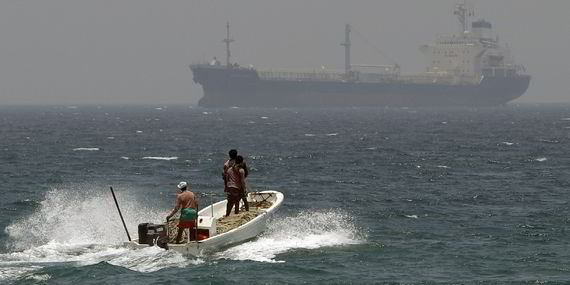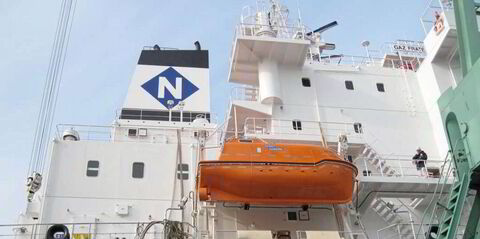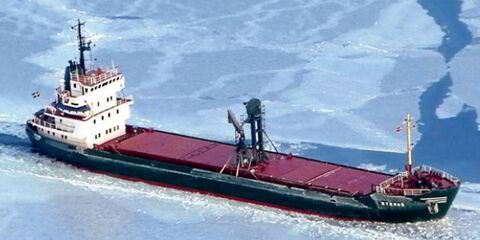International Marine Transportation Ltd (IMT), its UK-based shipping affiliate, is going to start conducting best management practices 4 (BMP4) audits for vessels transiting through the area.
"BMP4 has been effective in hardening vessels transiting through the Indian Ocean so that even an unarmed merchant ship, while by no means impregnable to an attack by pirates, is now much harder to capture," said Gerry Northwood OBE, COO of global security provider MAST.
"BMP4 been designed for the Indian Ocean and long distance ocean passages, therefore it needs to be tailored to the conditions of South East Asia, which involve voyages with short sea legs between ports.
"Vessels should be working closely with highly experienced security advisors to develop, with the ship's Master and crew, additional security measures and drills.
"This will guarantee that consideration of the ship's operational schedule, the threat in various regions and the crew's capacity for additional duties are all taken into account.
"With minimum manning and busy schedules, ships' crews work very hard and often lack the time to properly focus on security and conduct effective 24-hour watches, especially while at anchor.
"Due to the complex nature of the region, involving different countries, territorial waters and jurisdictions, the use of armed guards is not advisable. The choice of an unarmed security team would be the best solution.
"It can not only advise the Master and crew on security hardening, but can additionally maintain a proper and effective lookout, providing the much needed assistance to ensure security measures remain effective while at anchor, in port and during cargo operations."
In the year-to-date there have been a total of 80 piracy related incidents within Southeast Asia, comprising 75 actual incidents and five attempted incidents.
This accounts for an increase of 19% in the number of incidents compared to the same period in 2014, according to the Regional Cooperation Agreement on Combating Piracy and Armed Robbery against Ships in Asia (ReCAAP).
Notably, January-May 2015 recorded the highest number of actual incidents among the five-year reporting period, indicating that more incidents had occurred in 2015; and these were mostly incidents reported in the Straits of Malacca and Singapore.



